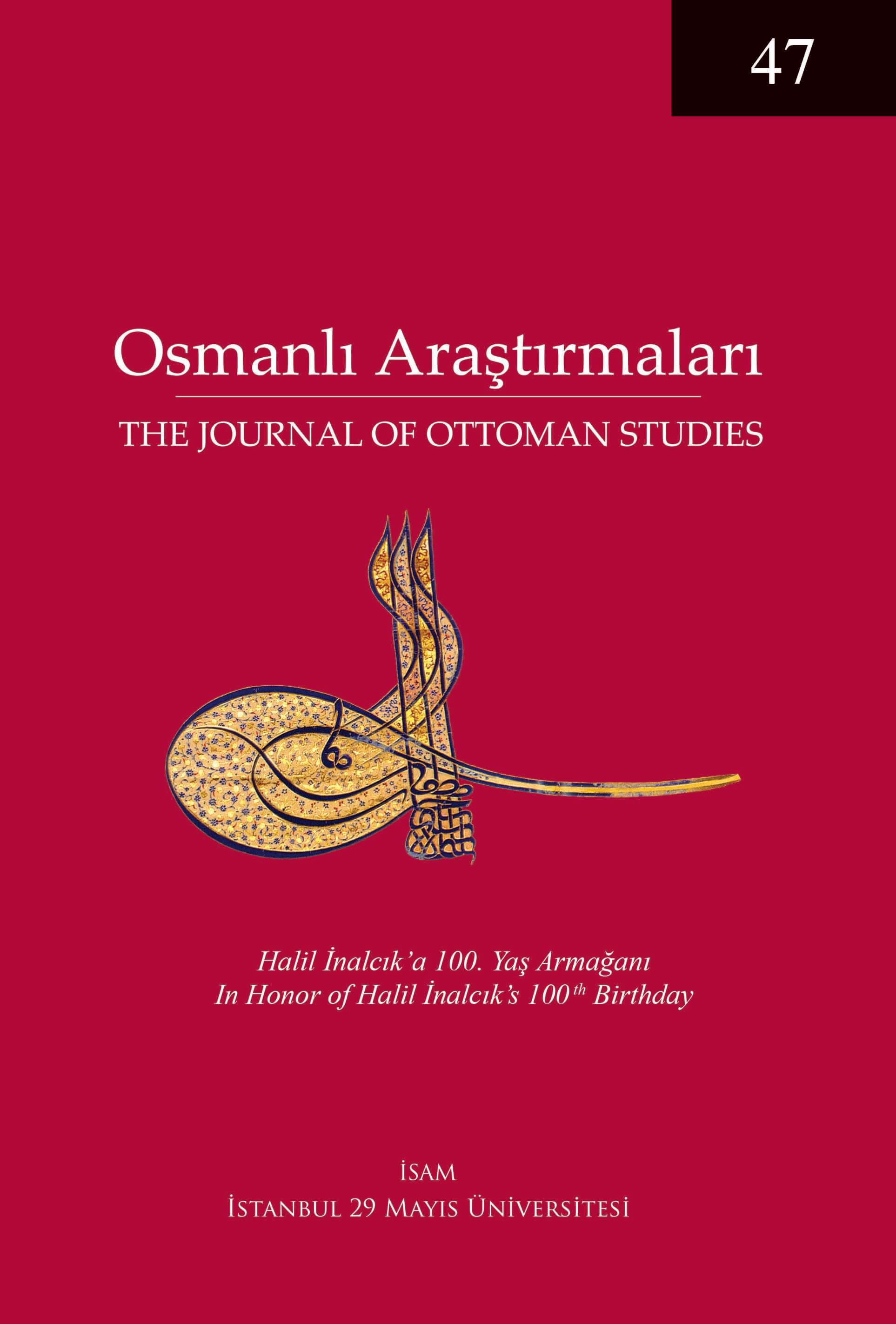Abdülhamid II’s Domestic Policy: An Attempt at Periodization
Keywords:
Ottoman Empire - 19th century, Ottoman Empire - 20th century, Abdülhamid II, Domestic Politics, Political Regime, Periodization, Pan-Islamism, Armenians, Macedonia, Young TurksAbstract
This essay is an attempt at periodization of Abdülhamid II’s domestic policy and his political regime. It examines the period between 1876-1908 in six sub-periods in the framework of internal political affairs: 1876-1878, 1878-1882, 1882-1891, 1891-1897, 1897-1902, 1902-1908. It outlines major political developments, key events, and turning points of every sub-period. It argues that main principles and policies of Abdülhamid II’s political regime can be explored under six headings: conservatism, autocracy, centralism, internal Pan-Islamism, reformism and status quo policy. From the early 1880s on, Abdülhamid II resolutely applied all these principles and policies in domestic affairs; but when internal and external circumstances changed, the Sultan revised his principles and policies, and at times he was forced to compromise. Three major crises challenged Abdülhamid II’s regime: the Ottoman-Russian War of 1877-78, and the application of the Berlin Treaty of 1878; the Armenian question of 1894-1897; and the Macedonian question of 1903-1908. While the regime survived first two crises, the third led to the end of the regime.




